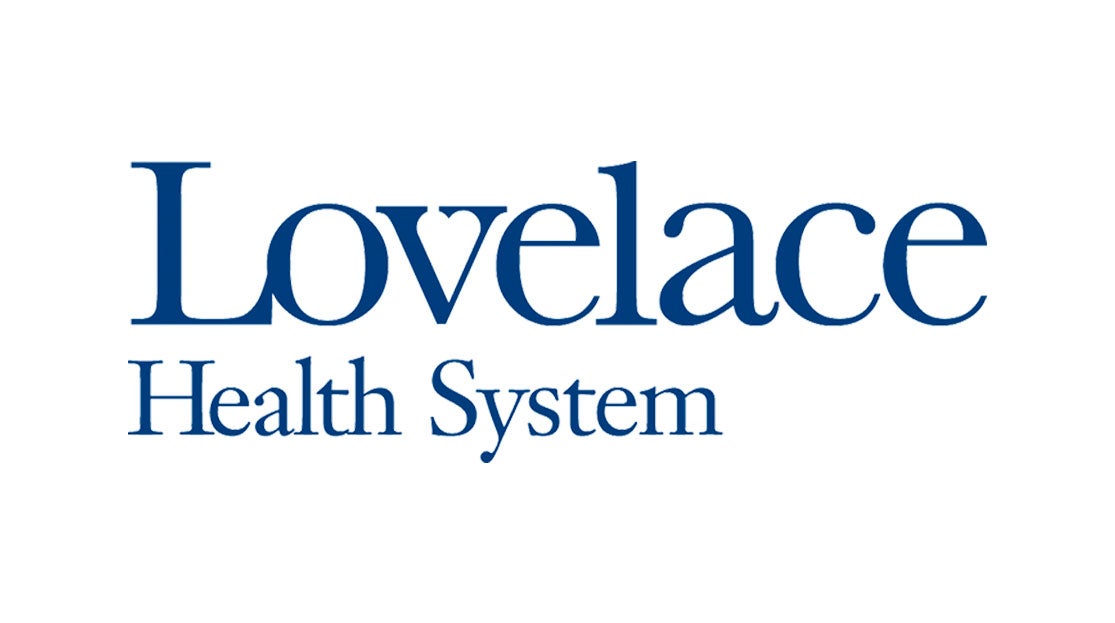
Every October we are reminded of the nasty flu bug, but more importantly what we can do about it. Our annual Don’t Bug Me campaign educates the public on the importance of hand washing and flu shots to help from getting sick during the cold and flu season. While it is not 100 percent effective in preventing the flu, the flu vaccination is one of our strongest defenses today. Could the same be true of breast cancer someday?
"We're not going to get very far unless we ask those big questions," said National Breast Cancer Coalition President Fran Visco in a recent USA Today article discussing the possibility of a breast cancer vaccine on the horizon.
With a woman diagnosed with breast cancer every three minutes in the United States, researchers want to know what more can be done to help save more than 40,000 women from the second most common cause of cancer deaths among women. In recent years, the concept of identifying viruses, which cause certain cancers, has been applied to cervical cancer with the vaccination against HPV. Another virus called HMTV, or human mammary tumor virus, has been identified in a rare and sometimes fatal breast cancer, inflammatory breast cancer. HMTV has been found in an estimated 40 percent of breast cancer tumors.
However, targeting that virus to eradicate breast cancer is not right around the corner. “A vaccine like this is still in the very theoretical stage,” says Lovelace Medical Group oncologist and breast cancer surgeon Dr. Cal Ridgeway. “We really cannot be sure at this time that there is a viral or bacterial cause of breast cancer.”
Dr. Ridgeway says, while a future vaccine is very hopeful for patients, survivors or anyone who has lost a loved one to breast cancer, the same approach that has worked for preventing most cervical cancers with the HPV vaccine may not hold true for breast cancer. “We have also tried vaccine therapy for melanoma for over 30 years and nothing has been consistently successful,” says Dr. Ridgeway. “What this does highlight,however, is the importance of laboratory research combined with eventual clinical trials using patient volunteers to make an impact against this all too common cancer.”
Fran Visco of the National Breast Cancer Coalition agrees, organizing the vaccine initiative The Armetis Project. The project will fund grants for researchers to look at breast tumors’ entire collection of genes in hopes of identifying infectious microbes, which may lead to a breast cancer vaccine.




